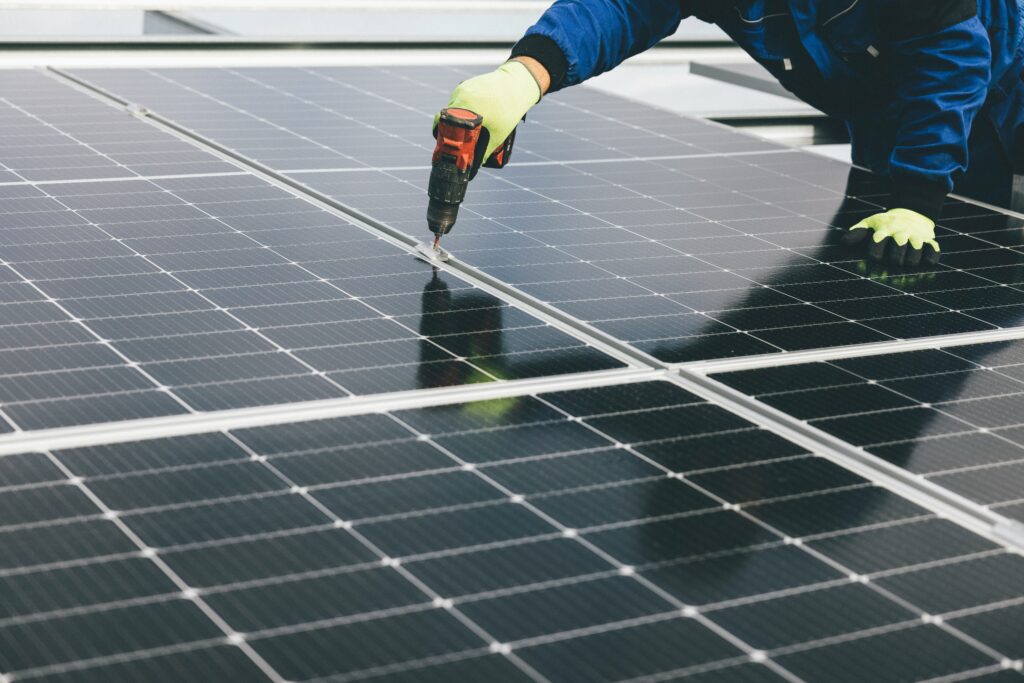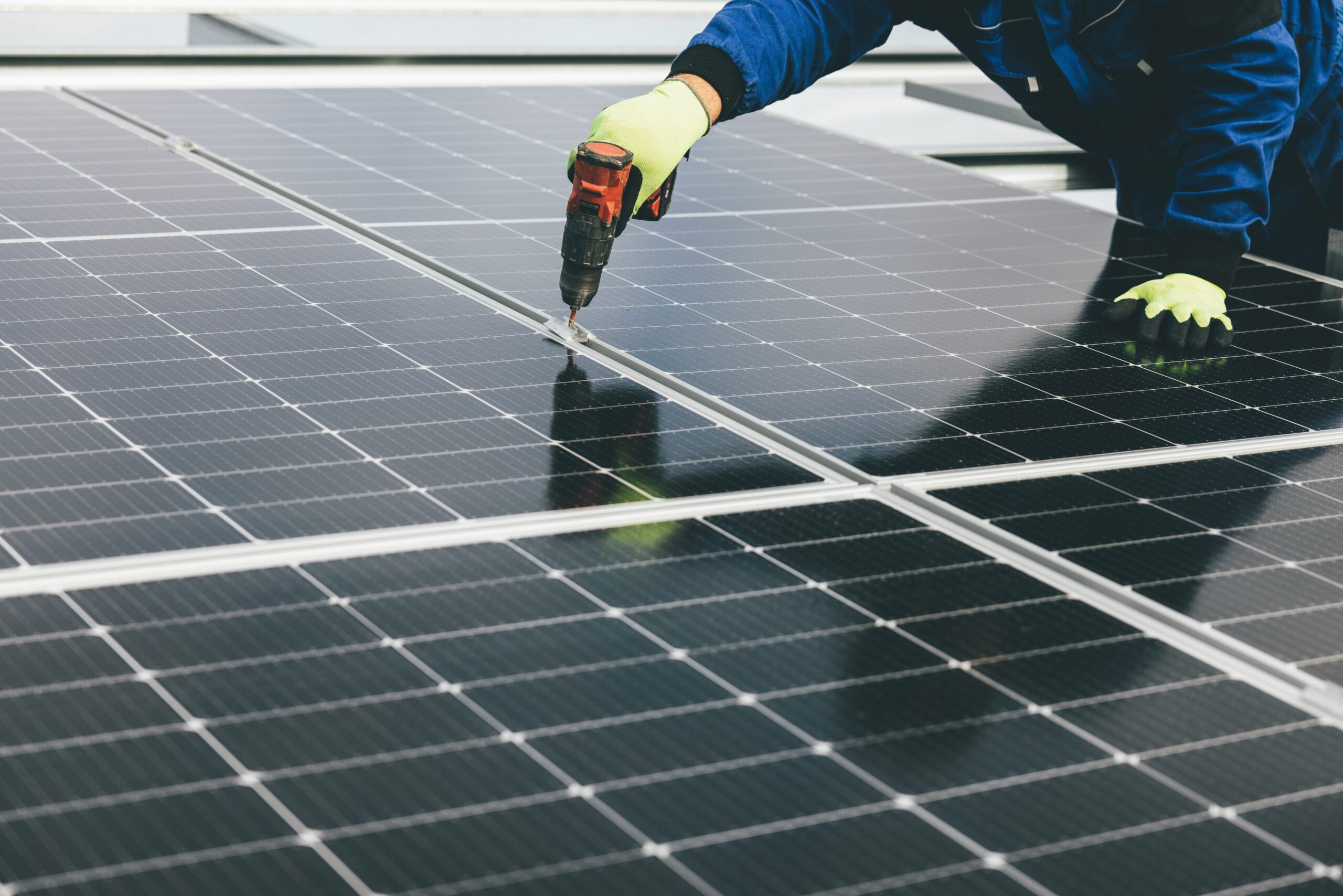The Ultimate Cost-Benefit Analysis

Solar panels have become a hot topic as energy costs rise and climate change concerns grow. But are they truly worth the investment in 2025? This guide dives deep into the financial, environmental, and practical aspects of solar panels, helping you decide if they’re right for you.
We’ll cover:
- Upfront costs vs. long-term savings
- Latest solar technology advancements
- Government incentives & tax credits
- Real-world case studies
- Common myths debunked
By the end, you’ll know exactly whether solar panels make sense for your home or business.
1. How Much Do Solar Panels Cost in 2025?
1.1 Average Price of Solar Panel Systems :
The cost of solar panels has dropped significantly over the past decade. As of 2025, here’s a breakdown:
| System Size (kW) | Average Cost (Before Incentives) | Homes Powered |
| 4 kW | $10,000 – $14,000 | Small home |
| 6 kW | $15,000 – $21,000 | Medium home |
| 8 kW | $20,000 – $28,000 | Large home |
| 10 kW+ | $25,000 – $40,000+ | Big homes/businesses |
1.2 Factors Affecting Solar Panel Costs :
- Panel type (monocrystalline vs. polycrystalline vs. thin-film)
- Installation complexity (roof angle, shading, permits)
- Battery storage (adds $10,000+ but increases energy independence)
2. How Much Can You Save with Solar Panels?
2.1 Electricity Bill Savings :
Most homeowners see a 50-90% reduction in electricity bills. Example:
- Before solar: $200/month
- After solar: $20-$50/month
2.2 Payback Period: When Do Solar Panels Pay for Themselves? :
The average payback period in 2025 is 6-10 years, depending on:
- Local electricity rates
- Solar incentives
- System efficiency
3. Federal & State Solar Incentives in 2025 :
3.1 Federal Solar Tax Credit (ITC) :
The Investment Tax Credit (ITC) still offers 30% off solar installation costs in 2025.
3.2 State & Local Rebates :
- California: SGIP (battery rebates)
- New York: NY-Sun incentives
- Texas: Property tax exemptions
4. Solar Panel Efficiency: What’s New in 2025? :
4.1 Latest Solar Technologies :
- Perovskite solar cells (higher efficiency, lower cost)
- Bifacial panels (capture sunlight on both sides)
- Solar skins (custom designs that blend with roofs)
4.2 How Efficient Are Modern Solar Panels? :
Most panels now have 20-23% efficiency, up from 15-18% a decade ago.
5. Solar Panel Lifespan & Maintenance :
5.1 How Long Do Solar Panels Last? :
Most come with a 25-30 year warranty, but can last 40+ years with minimal degradation.
5.2 Maintenance Costs :
- Annual cleaning: $100-$300
- Inverter replacement (every 10-15 years): $1,500-$3,000
6. Environmental Benefits of Solar Panels :
6.1 Carbon Footprint Reduction :
A 6 kW system offsets ~8,000 lbs of CO₂ annually—equivalent to planting 100 trees per year.
6.2 Solar vs. Fossil Fuels: Pollution Comparison :
| Energy Source | CO₂ Emissions (lbs/MWh) |
| Coal | 2,200 |
| Natural Gas | 1,000 |
| Solar | 0 |
7. Common Solar Panel Myths Debunked :
7.1 “Solar Panels Don’t Work in Cold Climates” :
False! Solar panels work better in cold weather (as long as there’s sunlight).
7.2 “Solar Panels Will Damage My Roof” :
False! Proper installation protects your roof and may extend its lifespan.
8. Should You Buy or Lease Solar Panels? :
8.1 Buying Solar Panels (Best for Long-Term Savings) :
✅ Full ownership
✅ Eligible for tax credits
✅ Higher home value
8.2 Leasing Solar Panels (Lower Upfront Cost, But Less Savings)
❌ No tax credits.
❌ Long-term contracts.
❌ No equity increase.
9. Real-Life Case Studies :
9.1 Homeowner in Arizona (High Sunlight) :
- System: 8 kW
- Cost: $22,000 (after ITC)
- Savings: $1,800/year → Payback in 7 years
9.2 Homeowner in New York (Moderate Sunlight) :
- System: 6 kW
- Cost: $18,000 (after ITC)
- Savings: $1,200/year → Payback in 9 years
10. Final Verdict: Are Solar Panels Worth It in 2025?
10.1 Who Should Get Solar Panels? :
✔ Homeowners planning to stay 7+ years
✔ High electricity bills ($150+/month)
✔ Sunny or moderately sunny locations
10.2 Who Should Wait? :
❌ Renters (unless landlord agrees)
❌ Very shady roofs (unless considering ground-mounted systems)
❌ Short-term homeowners (under 5 years)
Conclusion :
Solar panels in 2025 are more efficient, affordable, and beneficial than ever. With falling costs, strong incentives, and rising electricity prices, the financial case for solar is compelling for most homeowners.
Next Steps:
- Get a free solar quote from local installers.
- Check your eligibility for federal/state incentives.
- Calculate your payback period with online tools.
By going solar, you’re not just saving money—you’re investing in a cleaner, more sustainable future.
